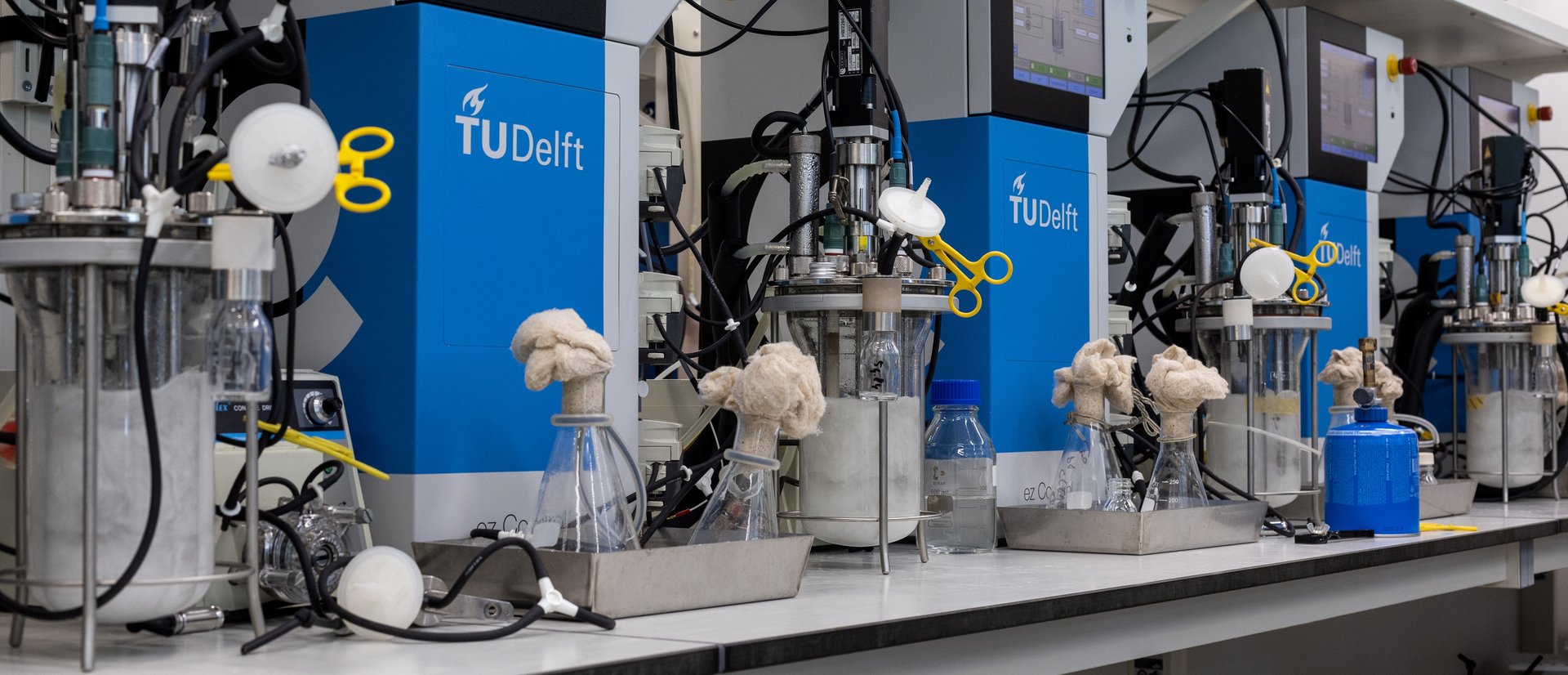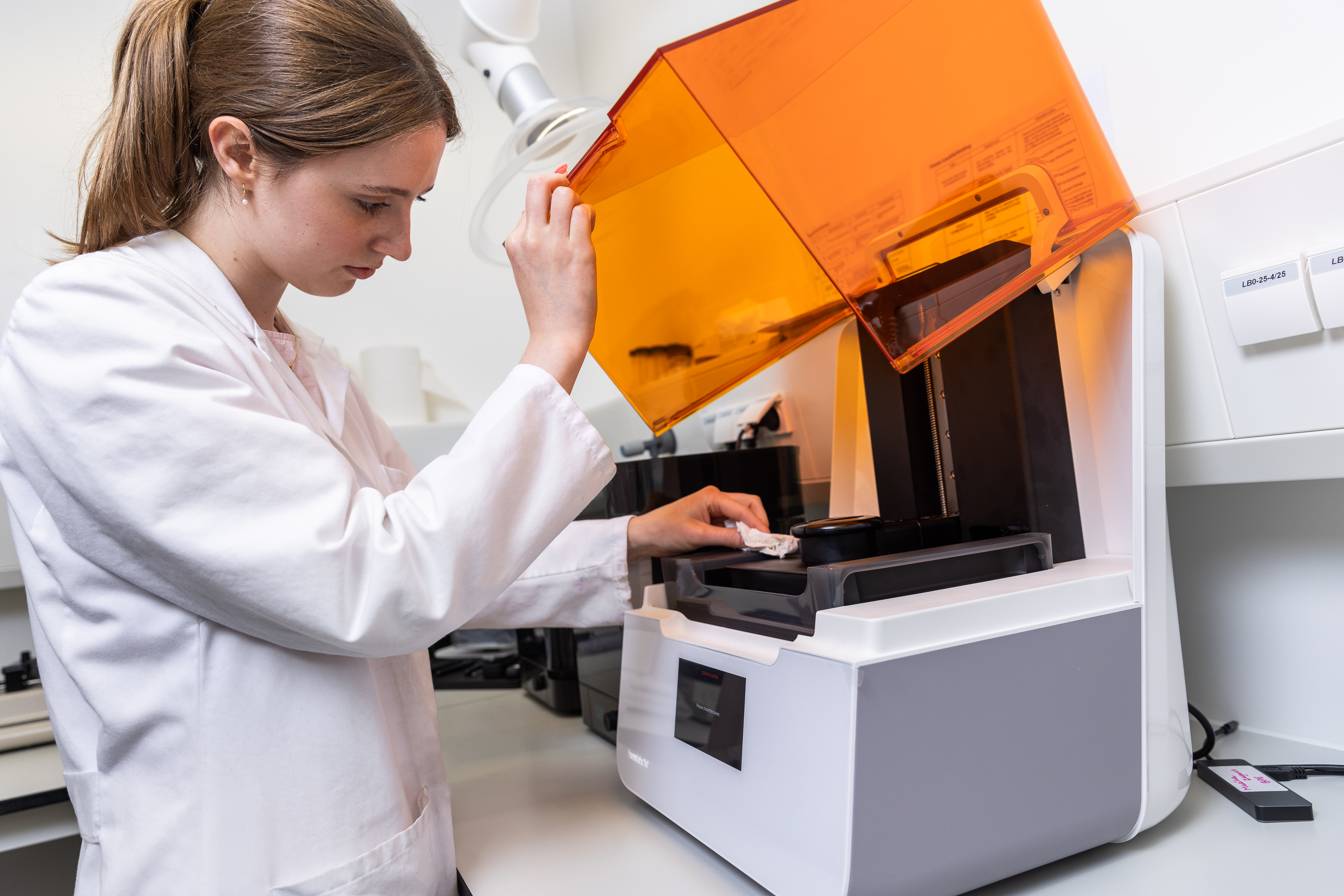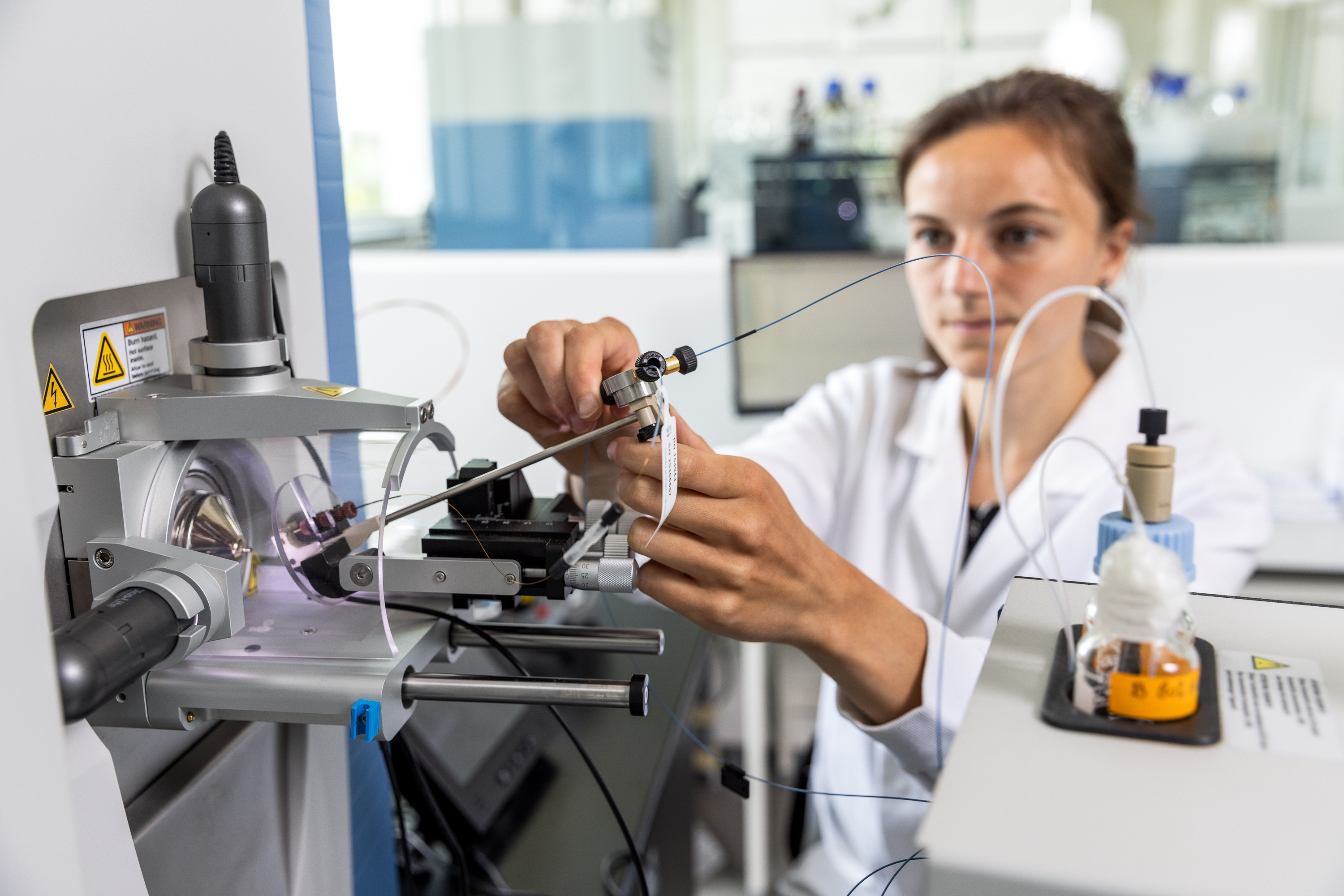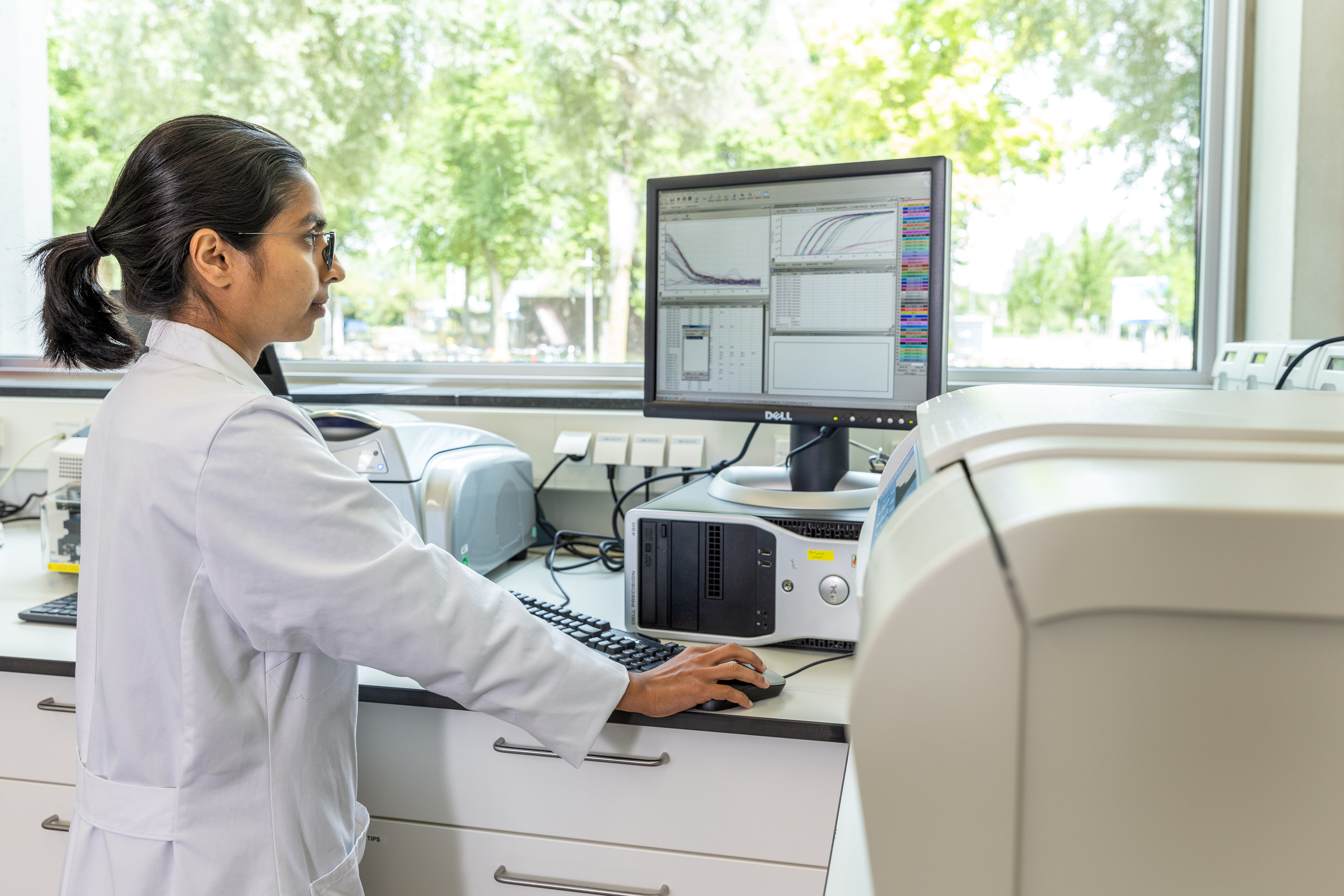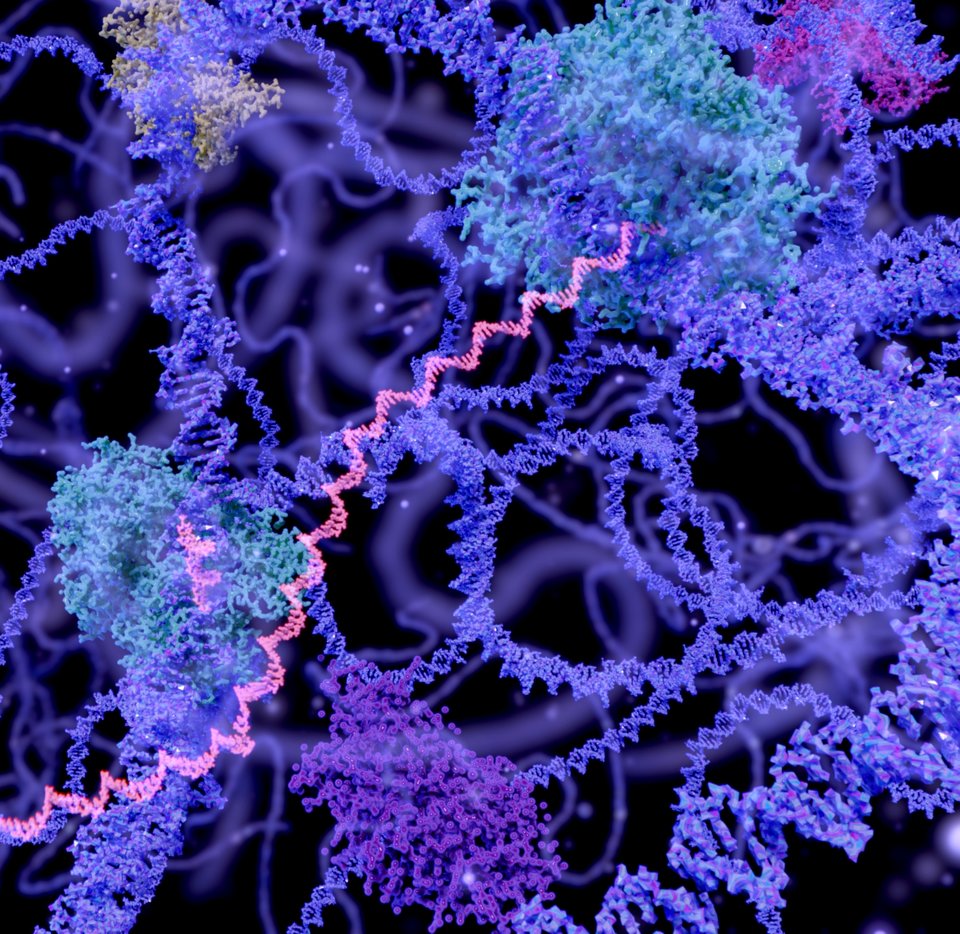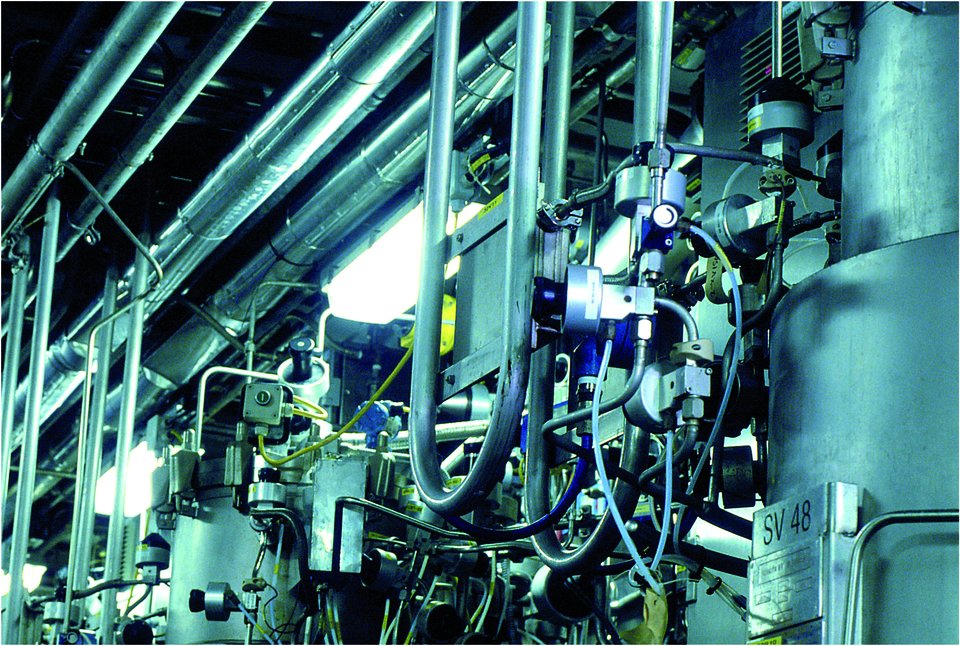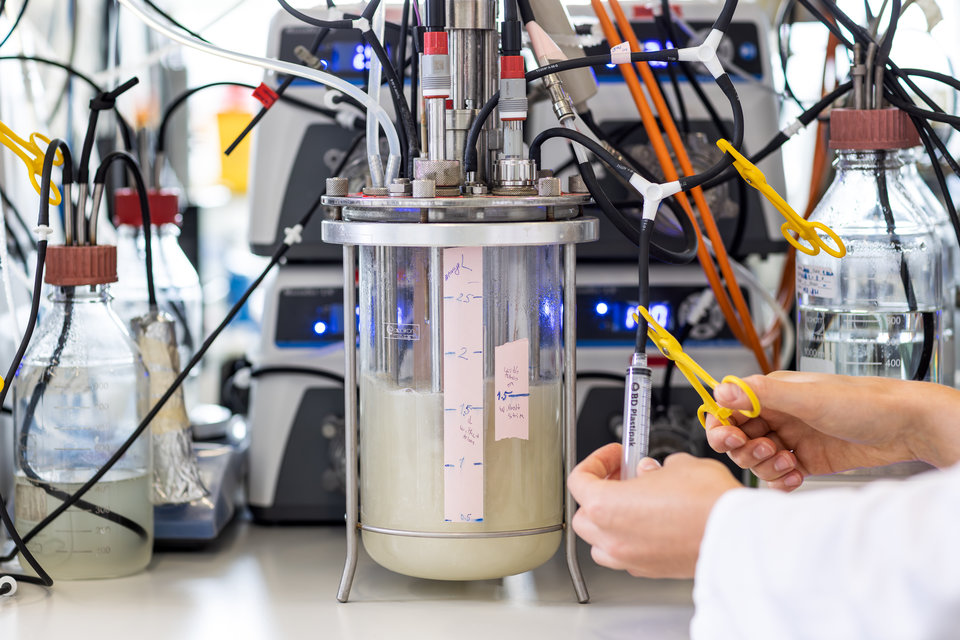Billions of years of evolution has yielded an immense variety of micro-organisms and enzymes that can harness whatever little energy and means available to their and our benefit. This makes biotechnology uniquely positioned to help realise one of society’s most important transitions: from current fossil-based processes for the production of feed, food, fuels and (base and fine) chemicals to more sustainable, biological alternatives based on renewable resources.
The Zero Emission Biotechnology research programme specialises in biotechnology for reducing and reusing CO2 emissions. Our aim is to replace basic fossil-based industrial processes with enzyme or cellular-based routes where possible, and to create new routes for specialty chemicals where needed. We turn CO2 from a waste product into a renewable carbon resource.
The challenges we take on:
- find and characterise the relevant enzymes and micro-organisms
- improve the pathways for creating valuable, high-quality, and much needed (base) products from a variety of renewable resources
- optimise and scale the underlying bioprocesses from the lab to an industrial scale
- ensure that sustainable processes and associated value chains are beneficial to society in economic, environmental and social terms
Partnerships between academia and industry
We develop tools and methods that will help drive the transition from fossil non-renewable resources to sustainable bio-based processes and products. To expedite societal impact, we foster strong partnerships between academia and industry.
A unique and core strength of our Zero Emissions Biotechnology research programme is the seamless integration – from the level of the enzyme to society. This allows for the early detection and immediate addressing of opportunities and potential limitations at all levels of development at once. A necessary integration as atmospheric CO2 is overabundant, while time is limited.
